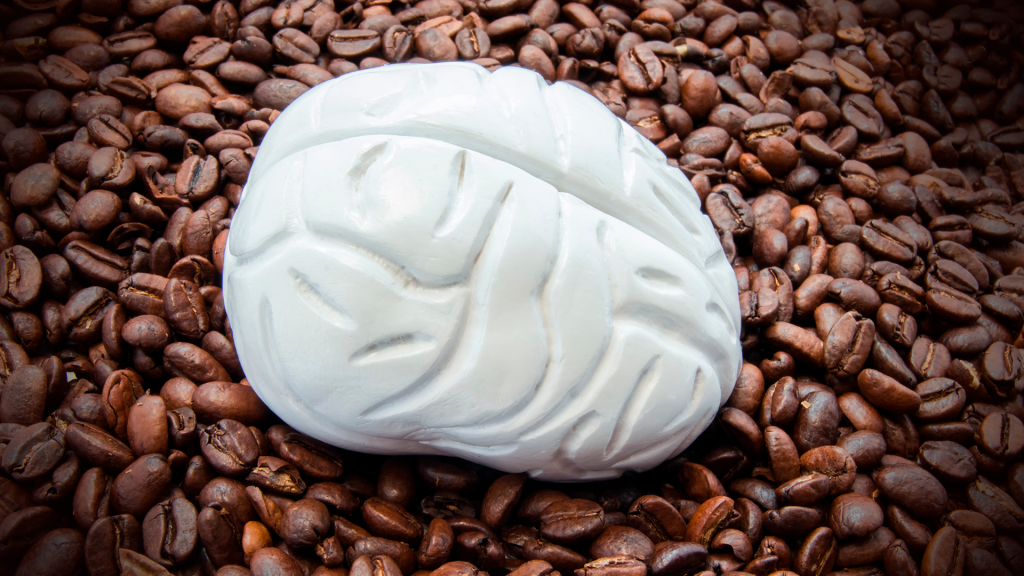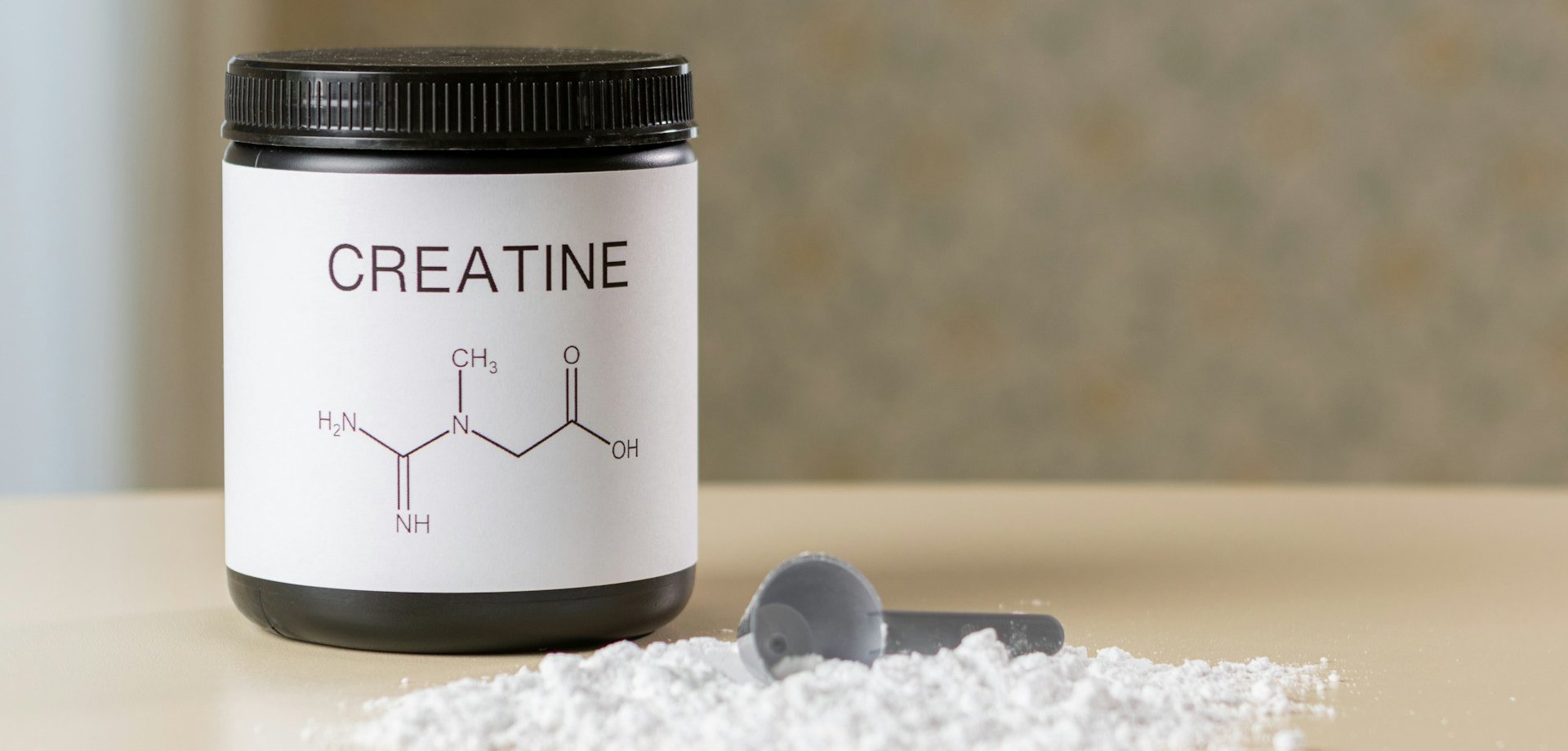What is Caffeine?
Author:
Julio Valero
Published on:
3/2/2019

Caffeine is a compound extracted from coffee beans. Many people use it as a stimulant to help them sleep or to increase their state of alertness. Its constant use leads to tolerance and/or adaptation by the body.
What does caffeine do?
Caffeine is derived from coffee beans, although it can also be synthesized in a laboratory; it has the same structure in coffee, energy drinks, tea or pills.
It is a potent stimulant that can enhance alertness, potentially leading to improved physical strength and endurance. It is used as a nootropic due to its ability to stimulate neurons and cognitive function. Regular consumption is linked to a reduced risk of developing Alzheimer's disease, cirrhosis, and liver cancer.
Caffeine primarily works by blocking adenosine receptors in the brain. Adenosine typically promotes sedation and relaxation. By inhibiting these receptors, caffeine prevents adenosine from exerting its calming effects, leading to increased alertness and wakefulness. Additionally, caffeine can influence other neurotransmitter systems, including dopamine, serotonin, acetylcholine, and adrenaline.
Constant caffeine consumption leads to tolerance and/or adaptation, which diminishes caffeine's effects, including its ability to keep you awake. The more caffeine you consume, the higher your tolerance becomes. To reverse this effect, you can take a break from caffeine to reduce tolerance and regain its original effects. Alternatively, you could increase your dosage, but taking a break is generally a better approach.
How to take
Caffeine dosage can vary significantly from person to person due to individual differences in how our bodies respond. For beginners, it's recommended to start with a modest dose of 100 mg. If your goal is to support fat loss, consider consuming around 200 mg of caffeine. However, remember that a caloric deficit is still crucial; caffeine simply enhances alertness and energy levels. To improve strength training performance, you may increase your intake to up to 500 mg, but this should be done under professional supervision and in specific circumstances.
Caffeine can be found as a supplement in beverages such as coffee, tea, and energy drinks, but it also comes in pill form.
Its effects on fat loss, indirect benefits of strength, and euphoria may not be reflected in people who consume caffeine regularly.

Results of some studies
Caffeine has benefits in anaerobic cardiovascular exercise, believed to be due to a combination of anti-fatigue effects and increased power output. For this increase in power output to be reliable, trained and sedentary individuals should consume a caffeine dose of at least 5 mg/kg.
In trained athletes who consume more than 250 mg of caffeine before exercise, a small increase in testosterone is observed (acute, and the trigger is probably exercise and not caffeine), but it also depends on the type of exercise performed, since studies show that without exercise there are no alterations. In terms of the training volume that an individual is able to withstand, there was also an increase, this occurs both in weight lifting and in anaerobic cardiovascular exercise.
In individuals who do not consume caffeine regularly, adrenaline can increase; a side effect of this is that fat oxidation increases (remember that fat oxidation is not the same as fat loss). Blood pressure is another that tends to increase more than normal, this is due to the low tolerance to caffeine.
The intake of caffeine combined with carbohydrates has some variants depending on what is being studied, because we have to say that there is an increase in blood glucose, but caffeine intake does not negatively affect glucose; on the other hand, a slight decrease in insulin sensitivity is observed, which is believed to be secondary to the reduction in glucose deposition.
Fatigue decreases during exercise and mild physical activity. Low doses of caffeine do not affect cortisol, only high doses do.
There are several effects of caffeine on memory, with some studies showing that it increases spatial and perceptual memory, but also reduces working memory. Caffeine can increase insomnia, blood flow, heat production, and decrease sedation. Caffeine may possibly cause anxiety, but this requires a genetic susceptibility to it.

Tips on caffeine
Caffeine blocks adenosine from binding to its A1 receptors in the brain, which makes you feel alert and helps you feel better.
Studies link energy drinks with adverse effects, especially on the cardiovascular system, but the risk of something bad happening is low and depends on the context.
The recommended daily dose for healthy adults is safe up to 400 mg/day and pregnant or breastfeeding women should not consume more than 200 mg/day (AND ALWAYS UNDER STRICT MEDICAL SUPERVISION). People who suffer from cardiovascular problems should limit their consumption.
Caffeine intake can have a major impact on blood pressure, eye pressure, and acid reflux.
There are benefits to excessive caffeine consumption, but you should not cycle through it. There are also acute benefits, but these fade with tolerance, so you should cycle through it in a mandatory manner.
Things to keep in mind
Caffeine is a performance and fat loss enhancer and nootropic. Its functions include energy, stimulation, cognitive function, brain health, muscle gain, and exercise.
It is also known as coffee extract, tea extract, 1, 3, 7-trimethylxanthine, liquid crack. It should not be confused with Caffeic Acid.
Caution
Caffeine is a strong stimulant and systemic vasoconstrictor. If you are not used to caffeine intake or have high blood pressure, you should take caution when consuming it. It should not be used as a supplement by people with heart problems.
Metabolic effects may vary depending on whether you are a frequent or habitual user. It also varies due to genetics, specifically a polymorphism in the CYP1A1/2 enzyme.
Caffeine is affected by medications such as fluvoxamine and aromatase inhibitors such as anastrozole.
If you want to see the studies I used for this analysis, you can go to the website: https://examine.com/supplements/caffeine/
Comparte en redes sociales
Recent posts

A bad night's sleep: a reason to stay up even longer?

Creatine Effectiveness: What Does Science Say About Its Benefits?

Does meal timing help you lose fat?

Is your triceps press building muscle or holding you back?

Nutrition tailored to you: based on your genetic profile.

Carbohydrates: the key to an explosive workout.